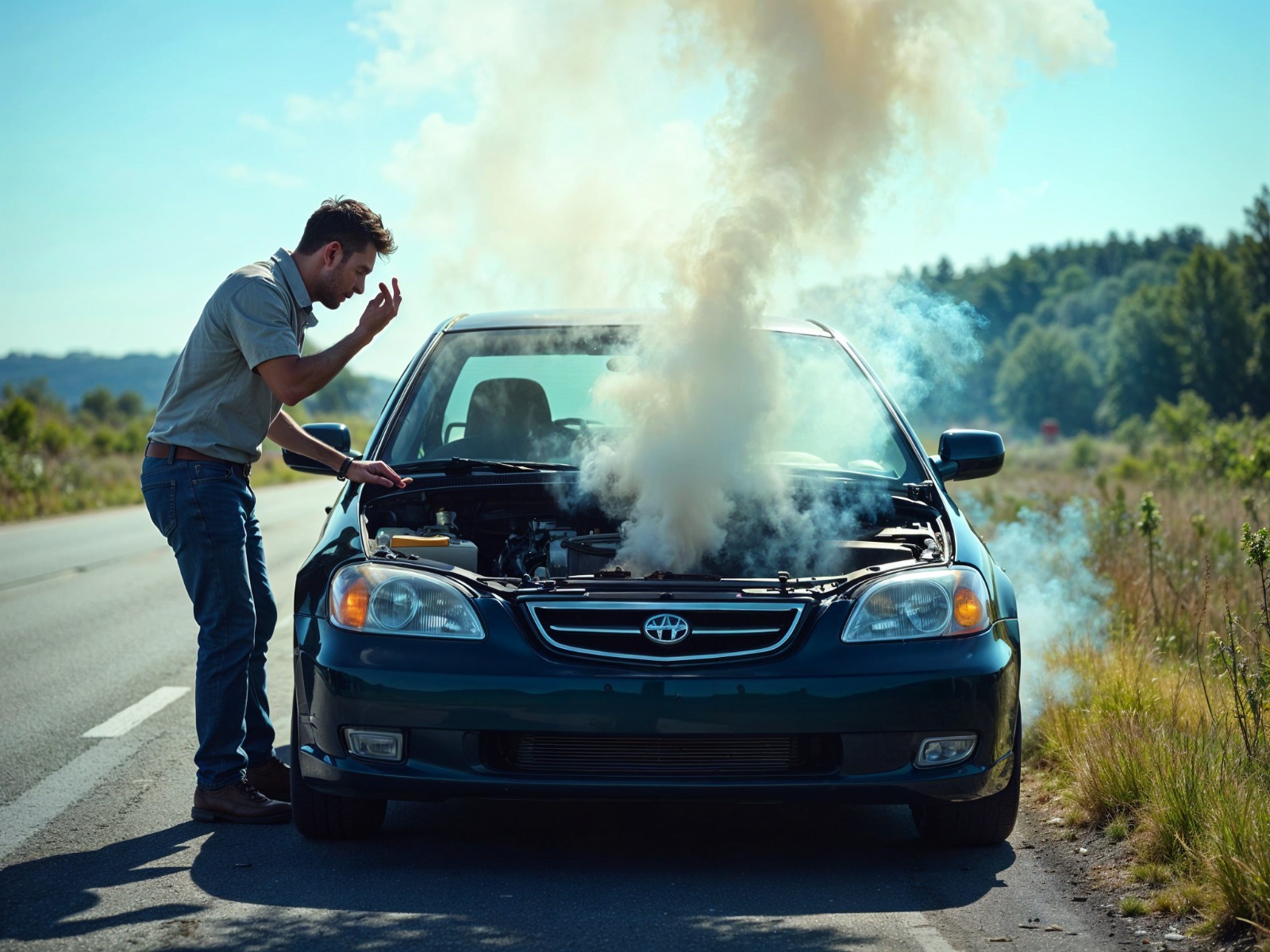Overheating is a common issue that can cause serious damage to your vehicle. Whether you're a professional mechanic or learning through a vehicle repair course, understanding what causes engines to overheat and how to prevent it can save time, money, and frustration.
Symptoms of an Overheating Engine
Knowing the signs of engine overheating is crucial to acting quickly. Here are key indicators to watch for:
- Temperature warning light: Most vehicles display a thermometer icon when the engine temperature rises dangerously high.
- Steam from the bonnet: If you see steam escaping, your engine is overheating.
- Thumping or knocking noises: Unusual sounds often point to engine stress.
- Reduced power: Overheating can cause performance issues.
- Burning smell: This could indicate hot engine components or oil overheating.
- Smoke from the engine: This is a clear warning of excessive heat.
If you notice any of these signs, act immediately to avoid further damage.
What to Do If Your Engine Overheats?
If your car engine overheats while you're driving, follow these steps:
- Pull over safely: Stop in a safe area and turn off the engine. Ensure all passengers are away from the vehicle.
- Wait for the engine to cool: Give the engine at least 30 minutes for cooling. Attempting to open the bonnet too soon can be dangerous.
- Check coolant levels: Once cooled, inspect the coolant tank. If levels are low, top it up with the correct coolant recommended in your car's manual.
- Inspect for leaks: Examine hoses and connections for visible leaks or damage.
- Assess engine oil: Dirty or low oil can contribute to overheating. If oil appears dark or you hear knocking sounds, an oil change may be needed.
- Call for assistance if needed: If coolant levels are normal, yet the engine continues overheating, seek help from a roadside mechanic.
Common Causes of Engine Overheating
Understanding why engines overheat can help prevent future problems. Common causes include:
- Low coolant levels: Coolant regulates engine temperature. Insufficient levels reduce its cooling efficiency.
- Oil issues: Old, dirty, or insufficient engine oil can increase friction, raising engine temperature.
- Cooling system failure: A malfunctioning radiator fan or a damaged expansion tank may prevent proper cooling.
- Engine problems: Issues like damaged belts, clogged heat exchangers, or malfunctioning hoses can restrict airflow and cause overheating.
How to Prevent Engine Overheating?
Taking preventive measures can significantly reduce the risk of engine overheating. Here’s what you can do:
- Check coolant regularly: Maintain coolant levels at the recommended range.
- Change engine oil on schedule: Follow manufacturer’s guidelines for oil changes.
- Park in shaded areas: Reducing sun exposure minimizes heat buildup.
- Limit A/C use in extreme heat: Switching to fresh air mode reduces engine strain.
- Switch on the heater if overheating occurs: This may sound odd, but turning on your heater can pull excess heat away from the engine, preventing further temperature spikes.
- Get routine maintenance: Enroll in a vehicle repair course or industry automation training to better understand how to maintain and diagnose engine problems effectively.
Engine overheating is preventable with regular maintenance and awareness. Whether you’re learning new skills through an industry automation training program or maintaining your own vehicle, following these steps can help keep your engine running smoothly. If overheating does occur, act quickly and safely to prevent serious damage.


